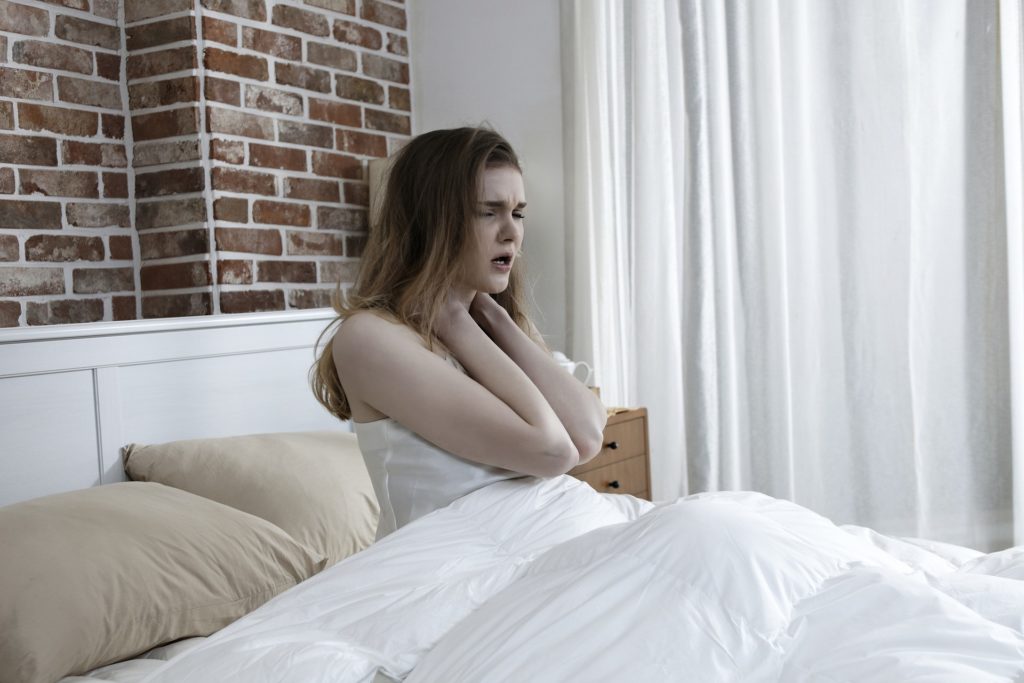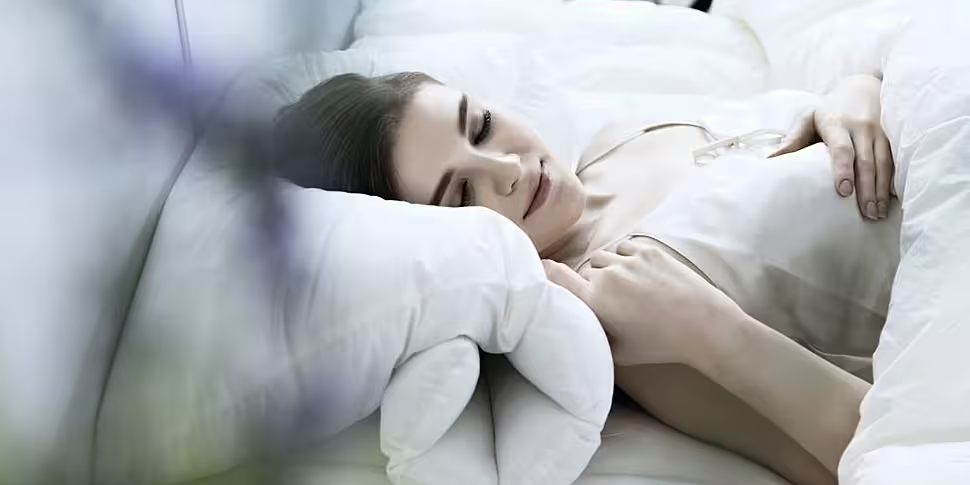Napping seems to be becoming a bigger part of some people's lives as we work harder and sleep less.
But what is the optimum place and time to actually take a nap?
Breege Leddy is a sleep technologist from the Insomnia Clinic.
She told Pat Kenny the frequency, duration and timing of naps is crucial.
"When we talk about naps, in order to have optimum benefit, we have to look particularly at the frequency or the duration.
"Duration of the nap is actually crucial in how you're going to feel after that nap.
"For example if your nap is too long, you are going to end up with a thing called sleep inertia: which is like what we'd call sleep drunkenness.
"So you could wake up from that nap - you will feel groggy, you will feel disorientated and you'll probably feel worse than prior to even having the nap.
"The reason for that is the longer you nap, the more chance you have of going into a deeper stage of sleep.
"And if you wake up from that deep sleep, that causes the grogginess - so the shorter naps are crucial, but also the timing of the nap.
"If you have a nap - say for example you're sitting down watching TV in the run-up to bedtime, and you have the forty winks at that stage - it's really going to impact on your ability then to sleep that night.
"It eats into what we call this sleep pressure.
"So you're much better to have your nap earlier on in the day, early afternoon is best - have the shorter nap, it doesn't have such an impact then on your sleep pressure.
"You can now start to build up that sleep pressure, because we really need this big sleep pressure in order to [fall asleep]."
Why do we nap in the first place?
"There's a couple of reasons why people nap in first place, and the most common one is in response to a sleep loss - what we call replacement naps.
"The body needs to just grab these bits of sleep wherever it needs to keep itself going."
"But we also can have naps in preparation for a sleep loss - or it can be just habit or enjoyment, a lot of the time it can be habit.
"I suppose when we talk about naps we have to talk about who's actually having the naps?
"Napping can be quite common in certain groups of people: for example children have a biological need for naps, also maybe the mothers of those children need naps in response to a sleep loss.
"Older adults, their night-time sleep seems to be less restorative so it's very common to have napping in - for example - if you go into a nursing home, you'd probably find a lot of people napping at different times during the day".
"But also if somebody is falling asleep at any opportunity during the day, it maybe an indication that there may be a sleep disorder there as well."
 Image by 영훈 박 from Pixabay
Image by 영훈 박 from PixabayNot for everyone
But she said not everyone naps naturally the way normal nappers nap.
"If you're not a natural napper, I would say avoid napping because you're probably not going to get the benefits from it.
"All the research has shown that nappers - or frequent, habitual nappers - seem to have much more benefit from somebody that wouldn't normally nap.
"So if you feel that you don't really need to nap, and there's not this acute sleepiness, I would say avoid it".
"It can become a habit, and it's not always a good habit if you don't need it".
But she said taking a short nap during a long car journey is beneficial, if it is done right.
While it is best to be prepared, and to bring a caffeinated drink in the car.
"What you do is you pull in, you drink the caffeinated drink first, you put your seat back and you set your alarm to sleep for about 20 minutes.
"After those 20 minutes you'll wake up - you'll probably be more refreshed after those 20 minutes - but also the caffeine has now increased the effect of that nap.
"It takes usually about 20 minutes to feel the effects of the caffeine, it usually gives you about another hour is the guideline to drive on after".









